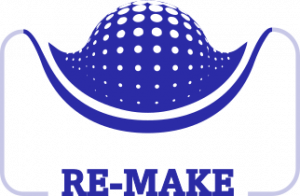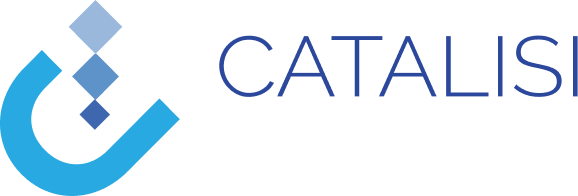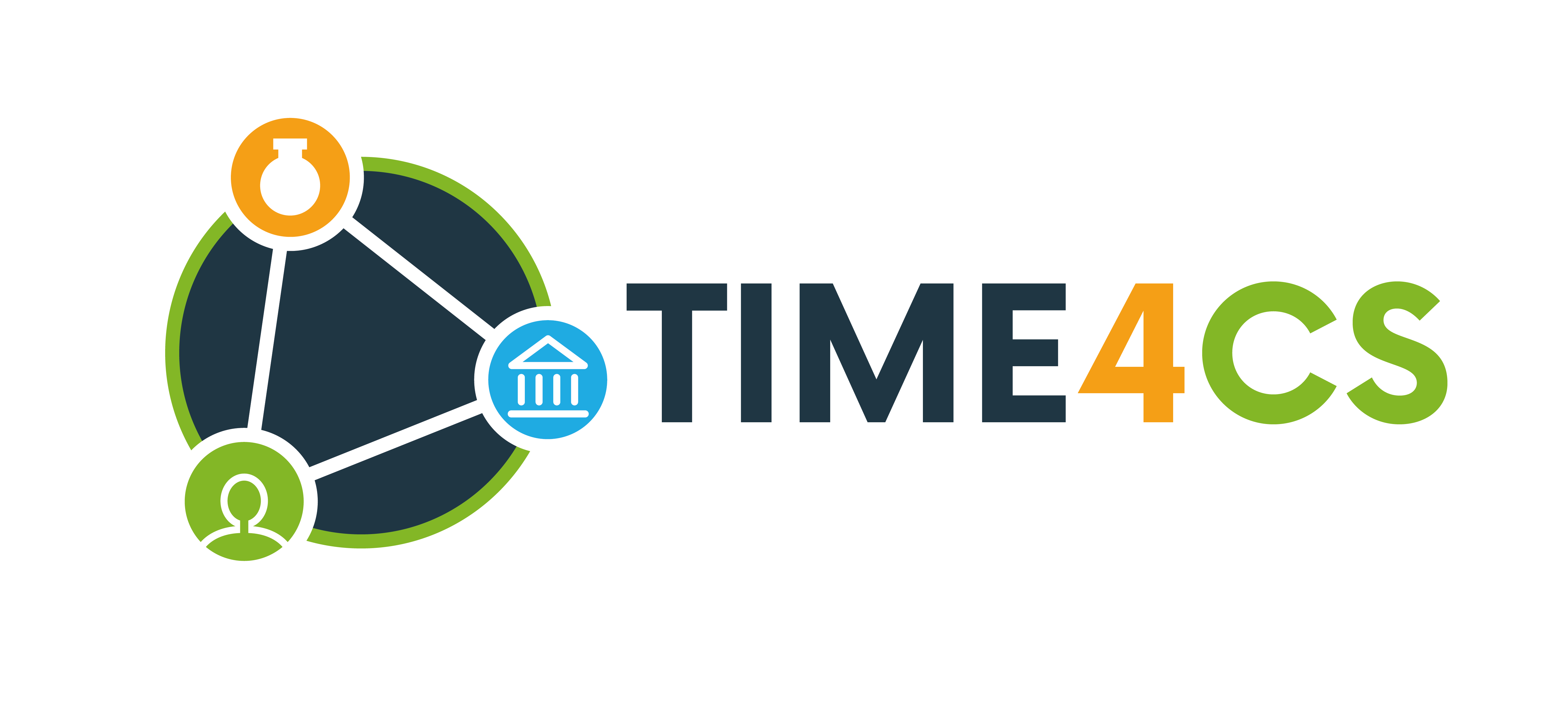Similar Initiatives

REINFORCING

ECS
Verity

RE-MAKE

CATALISI

ERA Talent

IP4OS

INCENTIVE

RRIstart

RRI-Leaders

ROSiE

ETHNA

TIME4CS

REINFORCING
The EU-funded REINFORCING project will award 96 grants to boost institutions scaling up their experience with Open and Responsible Research and Innovation (ORRI). Mentoring, matchmaking services and training modules are part of the project’s offer. This is in line with the project’s overall objective to make ORRI a central point of knowledge and expertise that is easily accessible, up-to-date and tailored to community needs. It will review and exploit these initiatives, make this know-how available in the REINFORCING One-Stop Source platform, and act as a catalyser of quadruple-helix community members and codeveloping services, including policy recommendations.

ECS
European Citizen Science aims to create a globally connected, inclusive and strong citizen science community for societal change in Europe.
The European Citizen Science project has the overall objective to widen and strengthen the citizen science community in Europe through capacity building and awareness raising activities, such as the creation of a European Citizen Science Academy and the establishment of a network of 28 ECS Ambassadors. It builds upon the previous EU-funded actions such as the eu-citizen.science project and Cos4Cloud and on the enormous achievements in citizen science over the past decade.
Social media
Trust in science is crucial for ensuring scientific findings are accepted, used and translated into practical applications. If individuals and society do not have confidence in science, there is decreased support for scientific research, which can impede progress and innovation. However, trust in science can be challenged by a variety of factors, such as the publication of fraudulent research and the spread of misinformation through social media. The EU-funded VERITY project will ensure science is transparent, responsible and accountable. It will identify the different actors responsible for upholding trust and develop tools and methods for improving trust. The project will combine interdisciplinary expertise from social sciences and engineering to synthesise existing knowledge and produce a Protocol of Recommendations.
Social media

Re-Make
The Re-Make project coordinated by Politecnico di Milano aims to implement, monitor, and characterize a bespoke sustainable high-performance repair and Additive Manufacturing (AM) technology based on solid state deposition. The project seeks to achieve exceptional functional products through a multi-faceted approach that combines multi-scale computational modelling with advanced experimental, analytical techniques, and data-driven approaches. The project’s success is reinforced through an intersectoral blend of prominent academic leaders and renowned industrial players. Extensive background research has led to the definition of 11 individual research projects (IRPs) to be developed by 11 Doctoral candidates (DCs) that will accomplish Re-Make’s plan through a list of realistically measurable and verifiable Research and Training Objectives.
Social media

CATALISI will help and support Higher Education Institutions to successfully implement strategies and individual pathways for institutional transformation through the adoption of acceleration services designed to facilitate and catalyze the process of institutional transformation of Higher Education Institutions in the field of research and Innovation, and are characterized by an innovative feature that crosses the domains.

ERA Talent
Funded under EU Horizon Europe programme, ERA Talent project is centered around enhancing the services provided by the EURAXESS – a unique platform dedicated to supporting researchers and innovators in their career and personal development by moving to other countries.
Over a span of 36 months, ERA Talent mission is to support the career development of European researchers and innovators through the establishment of five thematic virtual Hubs (Euraxess Startup Hub, Research Career Beyond Academia , Research Careers in Academia , Supporting Talent Circulation, Euraxess Science 4 Refugees Hub) and offering them a robust framework of services, support and information to broaden their horizons across academia, industry, and business.
Social media

IP4OS
Advancing knowledge valorisation to enable transdisciplinary and cross-sector knowledge circulation is key to upgrading the European research landscape, resulting in economic, digital, ecological, and social benefits. That is why IP4OS advocates for a concerted Intellectual Property (IP) and Open Science (OS) approach: A complementary and supportive link between agile and fitting IP tools and the sharing of Findable, Accessible, Interoperable, and Re-usable (FAIR) research outputs (data, results, codes, etc.).
Europe’s Research & Innovation Potential is key to addressing significant economic and societal issues while effectively progressing Europe’s dual (green and digital) transition. IP4OS is committed to orchestrating and assisting in creating robust strategies for successfully valorising and disseminating research knowledge. We advocate generating value from multiple angles using a complementary application of agile management of intellectual properties and open science practices.
Our goal is to dispel misunderstandings and rigid methods and fill in knowledge gaps. We work to widen the understanding of how Intellectual Property management and Open Science practices can work together in a beneficial and supportive manner in research. An exhaustive survey of good practices and opportunities forms the basis of our work, enabling professionals and their organisations to valorise Findable, Accessible, Interoperable, and Reusable (FAIR) research findings with the most effective Intellectual Property tools.
We form multi-professional teams within research-performing organisations throughout European member states; these teams implement advanced valorisation strategies to assist researchers. We demonstrate the advantages of Intellectual Property while promoting the open dissemination of results — taking into account as open as possible and as closed as necessary.
Social media

INCENTIVE
Citizen science is a broad term that encompasses that part of open science where citizens can participate in the scientific process in a variety of ways: by observing, analysing or producing data. Being pivotal to the democratisation of science, citizen science requires an adequate framework to function properly and to engage the public and stakeholders as much as possible. The EU-funded INCENTIVE project aims to support Europe’s research performing and funding organisations (RPFOs) in establishing sustainable transdisciplinary hubs for stimulating and supporting excellent citizen science. Besides being a sustainable institutional change themselves, citizen science hubs will serve as a vehicle for introducing considerable institutional changes in European RPFOs and their communities.

RRIstart
Impact investment could deliver social, environmental and economic benefits by relying on an innovative responsible research and innovation (RRI) model for start-ups. The work of the EU-funded RRIstart project will focus on the value of RRI for the STEM entrepreneurship ecosystem. Specifically, it proposes a novel RRI model for start-ups blended with novel RRI-based impact investment indicators. The project will test the developed innovation through a translational piloting approach (from lab to market). Three pilots will be organised, covering environmentally sustainable start-ups from northern Europe, 3D printing and advanced materials in Italy, and bioeconomy (agri-food) in Greece. The overall aim is to bring society closer to science and innovation through impact investment.

RRI-Leaders
The responsible research and innovation (RRI) approach anticipates and evaluates the potential effects and societal expectations regarding research and innovation. Contributing to this field, the EU-funded RRI-LEADERS aims to investigate the application and sustainability of RRI within territorial innovation systems. To do this, the project’s consortium will focus on four territories in Europe, each different in terms of their cultural and socio-economic backgrounds, the scope of territorial oversight, and the institutional and decision-making infrastructures among others. It will carry out an in-depth assessment of the RRI relevance to territorial governance and have these territories showcase the potential of RRI on a subnational level.

ROSiE
Open science is a policy priority. Creativity and trust in science increases when researchers share knowledge and data as early as possible. However, open science also raises questions about research ethics, integrity and misconduct. Responsible research promotes public engagement, ethics and good governance. In this context, the EU-funded ROSiE project will develop tools to ensure ethics and research integrity in open science and citizen science. As a multidisciplinary project, it will bring together leading experts and organisations in the field to explore, engage, guide and equip. Specifically, it will identify the ethical, social and legal challenges of open science. It will also create a community of practice and develop operational guidelines to support stakeholders in understanding responsible innovation.

ETHNA
The goal of the project “Ethics Governance System for RRI in Higher Education, Funding and Research Centres”, in short ETHNA System, is to implement and enforce an internal management and procedural system of the Responsible Research and Innovation (RRI) within 6 European Higher Education, Funding and Research Centres (hereinafter HEFRC). It aims to generate a process of Ethical Governance of the Responsible Research and Innovation (hereinafter RRI) where Gender equality, Open Science, Citizens’ Engagement and Integrity Research (ethics) dimensions will be also necessarily addressed through a multi-stakeholder governance. It will be translated into a new formal organisational structure that will facilitate the compliance with all RRI dimensions in all scientific disciplines as well as assuring the innovations accomplished are made according to the needs of civil society demands.


